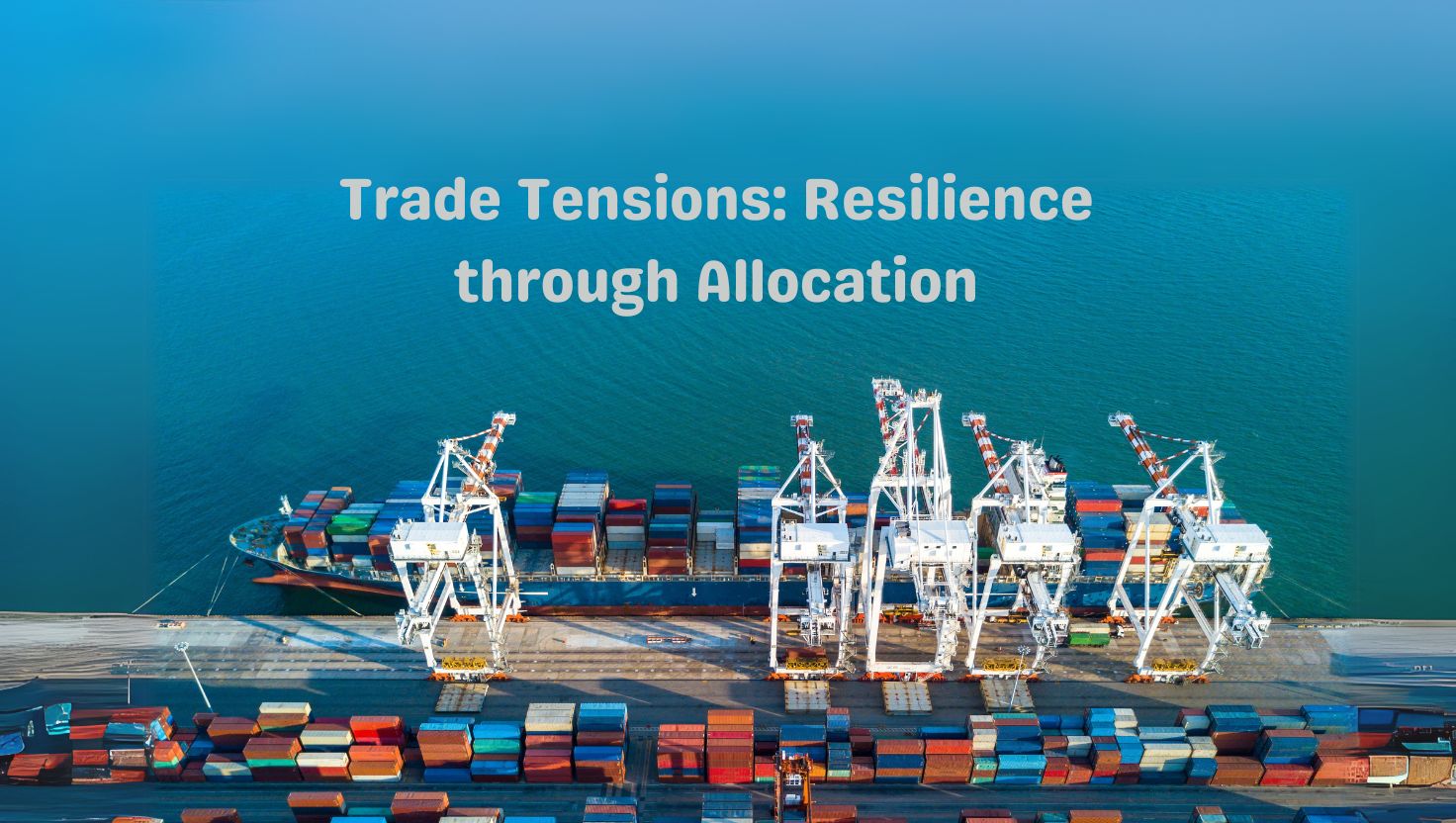There are definitely concerns regarding the impact of the Trump tariffs on global markets, including India. These are not only due to first order impact, but also the second and third order, especially if the trade retaliations cause a global slowdown.
While the immediate sentiment is bearish and markets are likely to face further short-term fluctuations, it’s important to focus on a long-term perspective.Therefore, we at Finance Doctor always focus on building the portfolio in a sequential manner with liquidity and contingency coming first, followed by safety assets including primary residence and lastly the yield enhancing assets. Appropriate asset allocation remains crucial in navigating such market dynamics. Ensuring that we have adequate liquidity for immediate needs provides us with resilience and the ability to keep the time horizon long for fluctuating asset classes and weather such crises.
In the medium term, India may find opportunities due to competitive tariffs and potential growth in certain manufacturing sectors. Additionally, with India actively pursuing a bilateral trade agreement with the U.S., we anticipate a more favorable scenario in the future.
Furthermore, while the U.S. Federal Reserve remains cautious with inflation, this scenario could allow the Indian central bank to consider rate cuts, given the present appreciation of the rupee against the weakening dollar. Lower oil prices and India’s resilient domestic economy focused on consumption further support a positive outlook.
Therefore the best strategy is to remain patient and stay the course. Market corrections often present opportunities, and we believe that India remains well-positioned for future growth.






